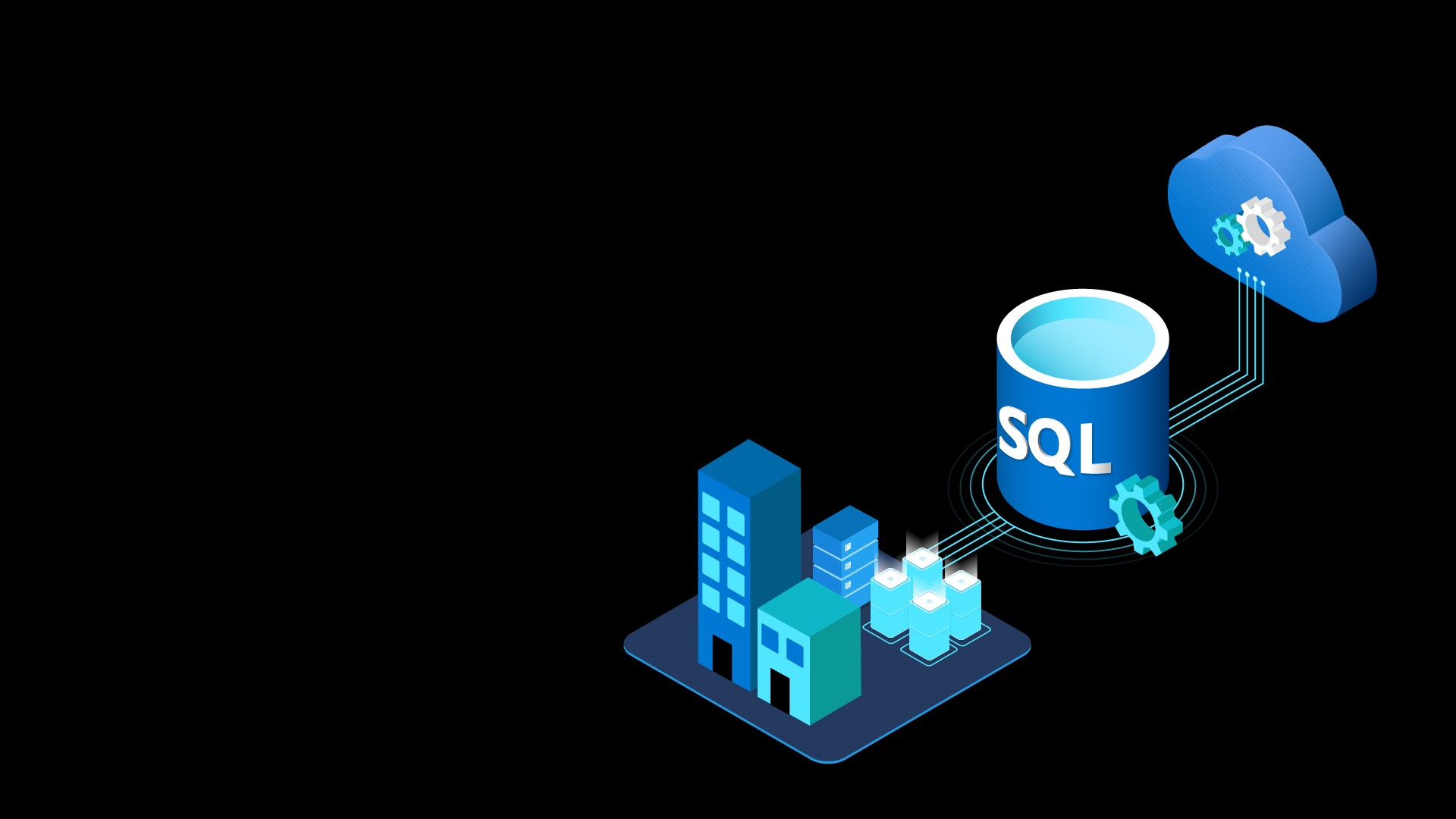What is SQL?
SQL, or Structured Query Language, is a standardized programming language primarily used for managing and manipulating relational databases. It provides a comprehensive set of commands for creating, modifying, and querying databases, making it an essential tool for anyone working with data.
SQL facilitates seamless interactions with databases by enabling users to perform tasks such as creating tables, inserting data, updating records, and retrieving information through simple and intuitive syntax. Its ability to handle complex queries and aggregate data efficiently makes it an indispensable language for data analysts, developers, and database administrators.
Top Three Platforms for Using SQL
- Microsoft SQL Server, developed by Microsoft, is a leading enterprise-level database management system (DBMS) that provides robust support for SQL. It offers a comprehensive suite of tools and services for building and managing relational databases.
Key Features:
-
- High Performance: SQL Server is known for its exceptional performance, handling large-scale databases and complex queries with ease.
- Advanced Security: It provides various security features to protect sensitive data, including encryption, authentication, and auditing mechanisms.
- Business Intelligence: SQL Server integrates powerful business intelligence capabilities, enabling users to perform data analysis, reporting, and data mining.
- Oracle Database, is a renowned enterprise DBMS that offers extensive support for SQL and is widely adopted by organizations for managing critical data.
Key Features:
-
- Scalability and Performance: Oracle Database is highly scalable and designed to handle large volumes of data efficiently, making it suitable for mission-critical applications.
- Advanced Data Management: It offers advanced features like partitioning, data compression, and parallel execution to optimize data storage and retrieval.
- High Availability: Oracle provides various mechanisms for ensuring high availability, including clustering, backup, and recovery options.
- MySQL, an open-source relational database management system, is a popular choice for small to medium-sized projects and web applications.
Key Features:
-
- Ease of Use: MySQL is known for its user-friendly interface and ease of installation, making it an accessible option for beginners.
- Flexibility: It supports multiple storage engines, allowing users to choose the most suitable option for their specific needs.
- Web Integration: MySQL is widely used in web development due to its seamless integration with popular web technologies, such as PHP and Python.
Why do you need to use SQL?
SQL is a versatile and powerful language that plays a crucial role in managing and extracting insights from relational databases. With the right platform, users can leverage SQL’s capabilities to handle complex data operations efficiently.
Microsoft SQL Server, Oracle Database, and MySQL are three prominent platforms that provide exceptional support for SQL. Microsoft SQL Server stands out for its high performance and comprehensive suite of tools. Oracle Database excels in scalability, performance, and advanced data management features. MySQL, on the other hand, is known for its ease of use, flexibility, and web integration capabilities.
When selecting a platform to utilize SQL, consider your specific requirements, such as the scale of your project, performance needs, and integration possibilities. With these powerful platforms, you can unlock the true potential of SQL and harness the full power of your data.
Check out our blog http://ladypsstolnetworks.com/sparking-a-dialouge/ for additional resource on SQL and much more.




